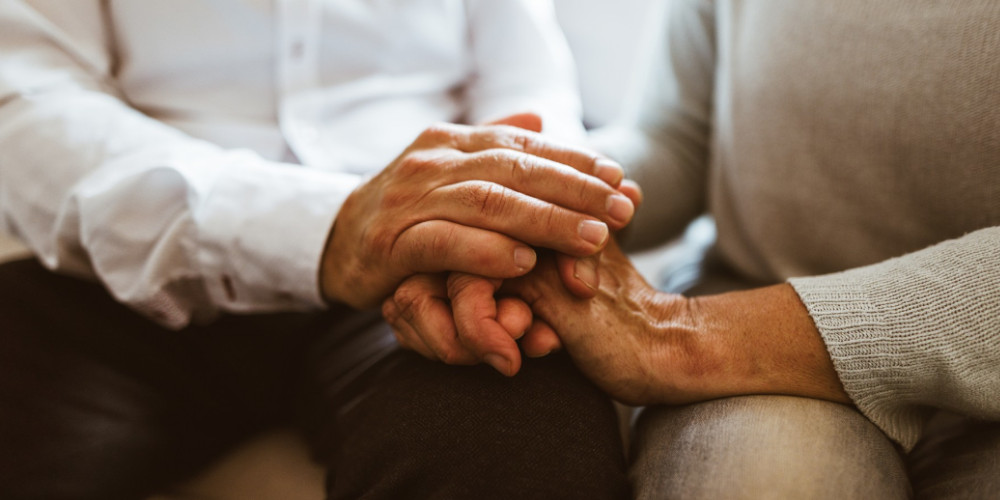Loss of bladder control (formally known as urinary incontinence) is common, especially among women. But many people are too embarrassed to talk to their doctor about it. Don’t be!
Why bladder control issues happen
The Mayo Clinic says urinary incontinence isn’t a disease; it’s a symptom. It can be caused by:
- Everyday habits, like drinking caffeine.
- A medical condition, like a urinary tract infection.
- Childbirth. Giving birth can weaken muscles needed for bladder control and damage bladder nerves and supportive tissue.
- Menopause. After menopause, women produce less estrogen, a hormone that helps keep the lining of the bladder and urethra healthy.
- Changes with age. Aging of the bladder muscle can decrease the bladder’s capacity to store urine. Also, involuntary bladder contractions become more frequent as you get older.
You don’t have to learn to live with it
Many causes of bladder problems can be treated with medicine or simple changes in lifestyle. But only if your doctor knows you’re having a problem.
Actress Whoopi Goldberg was once the face of a campaign from Poise feminine care products to increase bladder control awareness. She said: “For some reason, we’ve decided there’s something taboo about it – but so many women experience it and we should be able to talk about it openly! Leaks don’t discriminate, we all go through it – I tell women this all the time.”
Don’t let bladder leaks stop you from doing the things you enjoy. Take charge of your health and ask your doctor what you can do about urinary incontinence.





